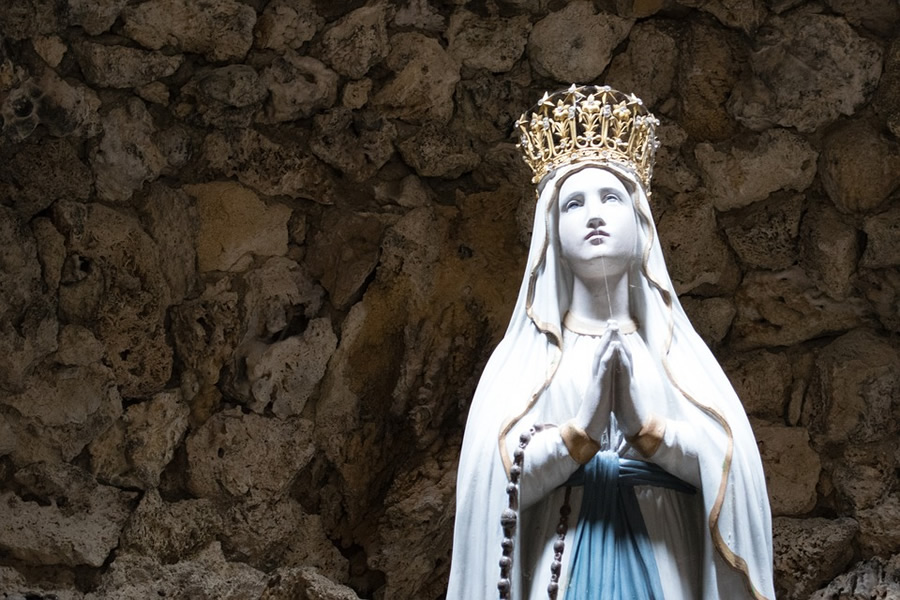
About Mary You Can Never Say Enough (De Maria Numquam Satis)
09-27-2020Weekly ReflectionPope Benedict while Cardinal Ratzinger expressed himself on the title of this essay in a book called The Ratzinger Report. He said: It (the saying about Mary you can never say enough) seemed exaggerated to me. So it was difficult for me to understand the true meaning of another famous expression…the declaration that designated the Virgin Mary as the “conqueror of all heresies.” Now in this confused period where truly every type of heretical aberration seems to be pressing upon the doors of the authentic faith-now I understand that it was not a matter of pious exaggerations, but of truths that today are more valid than ever.
READ MORE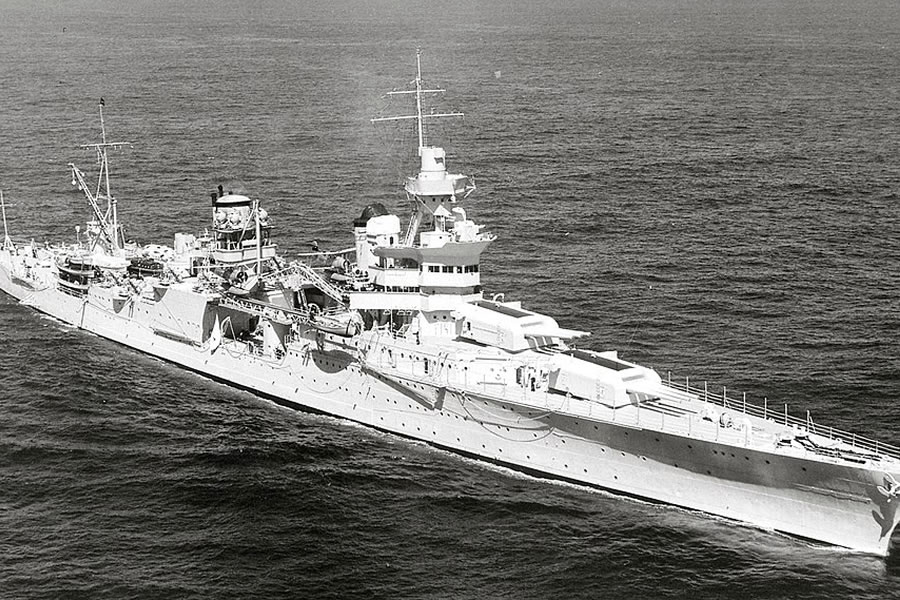
Heritage Moments: In an ocean of horror, Father Conway’s courage
09-13-2020Weekly ReflectionJeff Z. KleinBy Jeff Z. Klein (Niagara Frontier Heritage Project)
Father Thomas Conway, Navy chaplain for the USS Indianapolis.
The sinking of the U.S.S. Indianapolis in the early morning hours of July 30, 1945, is the worst disaster to befall a single ship in the history of the US Navy. Some 300 men lost their lives when the heavy cruiser was torpedoed by a Japanese submarine and went down, and almost 600 more died over the next four days, floating without food or water in the shark-infested Pacific, their distress signals unheard or ignored.
READ MORE
2013…
09-06-2020Weekly ReflectionGeorge AgambenGeorge Agamben is a philosopher in Europe sounding the alarm about the melding of health and political control. His remarks reflect Italy which was devastated by but it also by and large reflects the situation in the United States. Here are his remarks:
READ MORE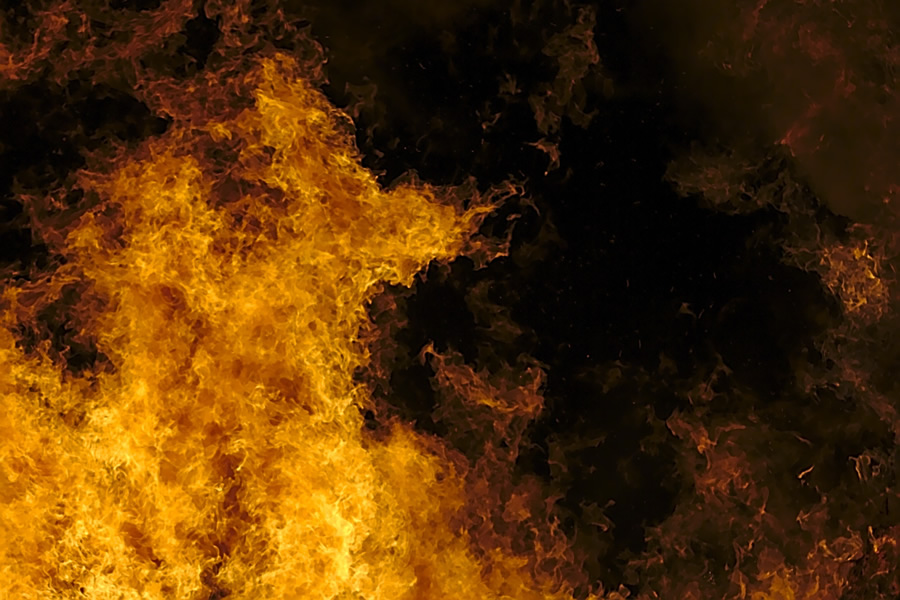
What Does Hell Really Mean?
08-30-2020Weekly ReflectionOur contemporaries, including many Christians, reject the notion of hell as something incompatible with God’s love and mercy. In fact there have been those who have maintain that at the end even Satan will be reconciled to God, a heresy called apocatastasis, meaning a restoration to the original state, that the Church has rejected as contrary to the teachings of the Faith.
READ MORE
The Lord of Heaven and Earth
08-23-2020Weekly ReflectionI am the LORD your God, who brought you out of the land of Egypt, out of the house of bondage. You shall have no other gods before me. You shall not make for yourself a graven image, or any likeness of anything that is in heaven above, or that is in the earth beneath, or that is in the water under the earth; you shall not bow down to them or serve them.3 It is written: "You shall worship the Lord your God and him only shall you serve."
READ MORE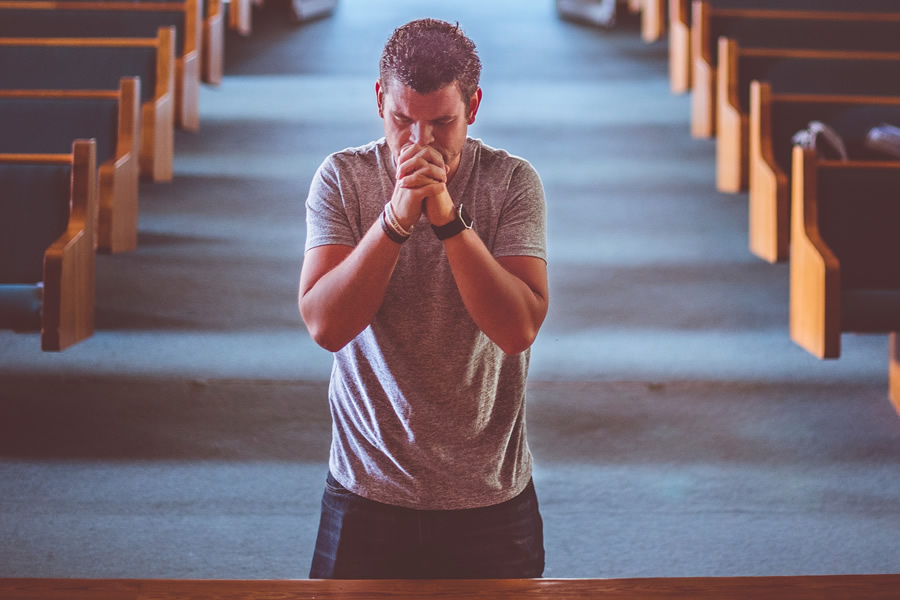
Worthiness to Receive Holy Communion. General Principles
08-16-2020Weekly ReflectionBased on Cardinal Ratzinger’s talk to the American Bishops before becoming Pope Benedict XVI
1. Presenting oneself to receive Holy Communion should be a conscious decision, based on a reasoned judgment regarding one’s worthiness to do so, according to the Church’s objective criteria, asking such questions as: “Am I in full communion with the Catholic Church? Am I guilty of grave sin? Have I incurred a penalty (e.g. excommunication, interdict) that forbids me to receive Holy Communion? Have I prepared myself by fasting for at least an hour?” The practice of indiscriminately presenting oneself to receive Holy Communion, merely as a consequence of being present at Mass, is an abuse that must be corrected (cf. Instruction “Redemptionis Sacramentum,” nos. 81, 83).
READ MORE
Saints of the Roman Canon: The First Eucharistic Prayer
08-09-2020Weekly ReflectionShawn TribeIn union with and venerating the memory of, in the first place, the glorious ever Virgin Mary, Mother of God and our Lord Jesus Christ, but also blessed Joseph, spouse of the same Virgin, and your blessed Apostles and Martyrs, Peter and Paul, Andrew, James and John, Thomas, James, Philip, Bartholomew, Matthew, Simon and Thaddeus: Linus, Cletus, Clement, Sixtus, Cornelius, Cyprian, Lawrence, Chrysogonus, John and Paul, Cosmas and Damian, and all your Saints by whose merits and prayers grant that we may in all things be fortified by the aid of your protection."
READ MORE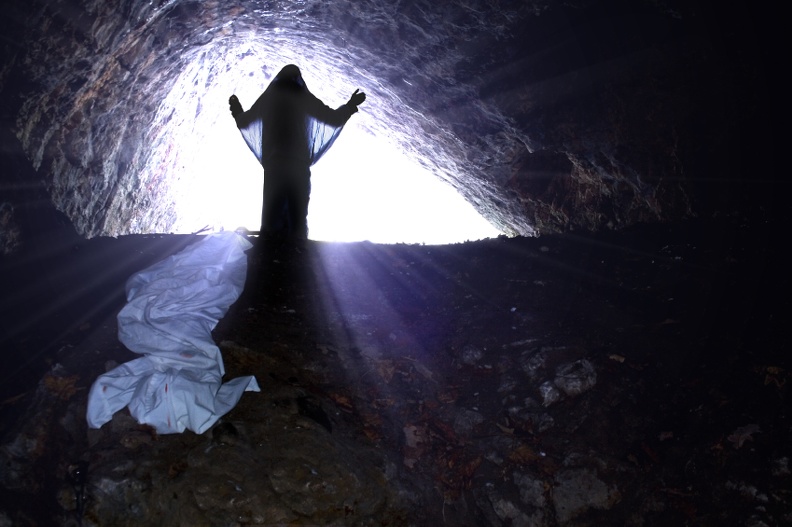
The Body We Crave
08-02-2020Weekly ReflectionWe can’t help but notice today the barrage of advertising directed at getting us to buy products designed to enhance our bodies. “Infomercials” abound with this or that vitamin, health food that will give eternal youth, better looks, and lasting health. In the area of sexuality this trend has developed into the “potency industry” promising ecstasy in human relationships. Noteworthy, also, in this aspect of modern living is the tendency of contemporary society to look at our bodies as machines so that the goal is to develop a fine-tuned, high-powered engine.
READ MORE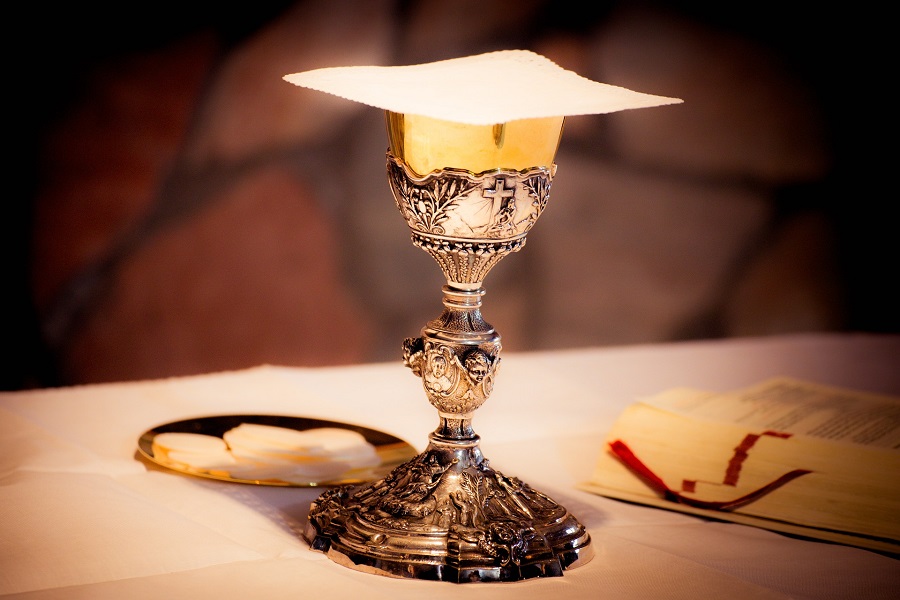
Litany of the Most Precious Blood of Jesus
07-26-2020Weekly ReflectionLord, have mercy on us.
Christ, have mercy on us.
Lord, have mercy on us.
Christ, hear us. Christ, graciously hear us.
God the Father of Heaven, Have mercy on us.
God the Son, Redeemer of the world, Have mercy on us.
God the Holy Spirit, Have mercy on us.
Holy Trinity, One God, Have mercy on us.
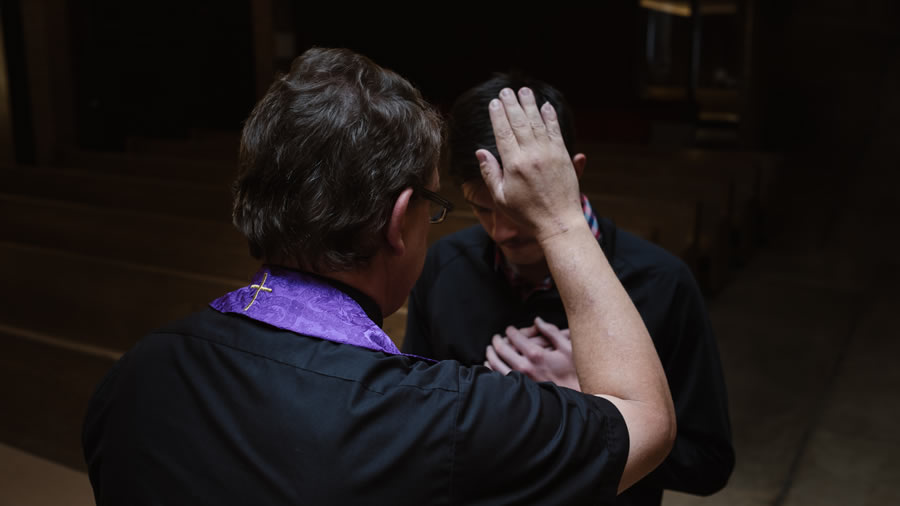
Benefits of Frequent Confession
07-19-2020Weekly ReflectionThere are those who say that little importance should be given to the frequent confession of venial sins. Far more important, they say, is that general confession which the Church, surrounded by her children in the Lord at Mass makes during the penitential rite of the Mass the “I confess” is offered and the “Lord have mercy.” This of course does NOT take away mortal sins nor does the prayer at Communion “say but the word and my soul shall be healed take away mortal sins.
READ MORE
Anger, Envy, and Riots
07-12-2020Weekly Reflection"Those who cannot remember the past are condemned to repeat it. George Santayana -“Every record has been destroyed or falsified, every book rewritten, every picture has been repainted, every statue and street building has been renamed, every date has been altered. And the process is continuing day by day and minute by minute. History has stopped. Nothing exists except an endless present in which the Party is always right.”
–George Orwell 1984

What Relations Do We Have with the People in Purgatory?
07-05-2020Weekly ReflectionO wonder, this fire is nothing other than the love of God, which burns the soul in Purgatory, until the soul goes on fire himself/herself with the divine flame.
We pray in the Apostles Creed: I believe in the communion of saints. This reminds us that Christ's Body, the Church is a great family, which exists here on earth, in heaven, and in purgatory and that we are all bound together in this family in the Blood of Christ. This family, the entire family, is gathered at every Mass. God wills that we share in the sufferings of Christ and share in the great task of the salvation of souls. We constantly receive aid from and are loved by the angels and saints in heaven.
READ MORE